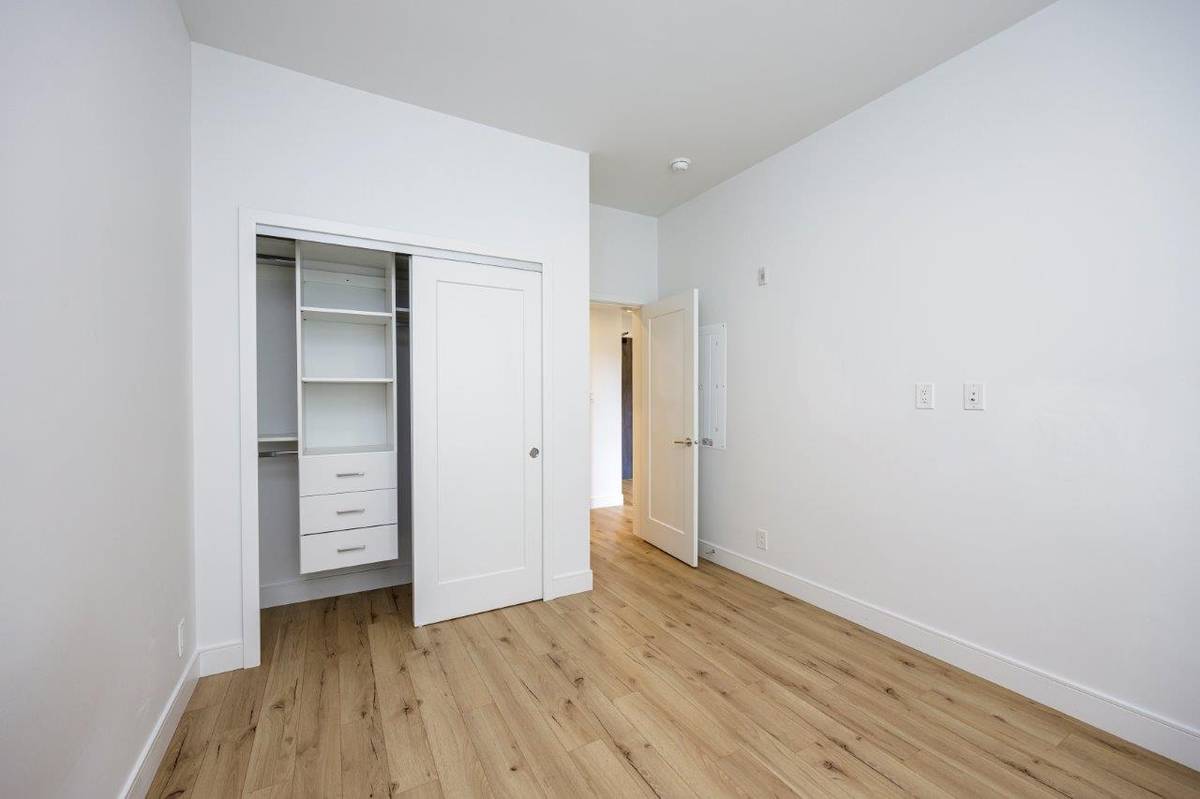
Fighting a Bad Tenant
No landlord starts out expecting trouble. You screen applicants, sign leases, and hand over keys hoping for a smooth ride. But now and then, a renter turns out to be more trouble than expected—skipping payments, causing damage, or ignoring house rules. At that point, action becomes necessary, and it’s best to move smartly and legally.
Spotting Red Flags Early in Tenant Relationships
It usually starts small—missed calls, a late rent payment, or constant complaints from neighbors. What may seem like an innocent hiccup can be a hint of bigger issues. Late payments are often the first signal that a tenant may become difficult. Small excuses, repeated over time, can turn into serious financial headaches. Catching these signs early gives a landlord time to react before the situation gets out of control.
Another clue is poor communication. A tenant who avoids answering emails or texts, doesn’t attend scheduled maintenance, or gives vague answers about lease terms can be a concern. A responsible property manager knows that spotting these patterns early makes a difference. It’s not about being suspicious—it’s about paying attention to behavior that disrupts the agreement and puts the property at risk.

Legal Steps for a Smooth Tenant Eviction Process
Dealing with a difficult renter doesn’t always mean heading straight to court. But if violations continue, following the law step by step protects the landlord. The first part is sending a formal notice. Whether it’s for non-payment or violating the lease, this step is required in most states before taking further legal action. A mistake here can delay the entire eviction process, so careful documentation and timing matter.
Many landlords aren’t aware of how much paperwork and precision go into removing a bad renter legally. Missing a deadline or filing the wrong form can send you back to square one. It helps to stay organized and understand state laws in detail. While court should be the last option, knowing the legal roadmap helps keep things on track and prevents unexpected setbacks.
Minimizing Conflict When Evicting Problem Tenants
Confrontation makes things worse. When it’s clear that a renter must go, the goal is to reduce friction while staying firm. Landlords can often avoid shouting matches and threats by keeping things calm and professional. Even when emotions run high, approaching the issue with clear language and a documented history keeps things focused. Written notices, instead of face-to-face arguments, give both sides space and reduce the chance of aggressive encounters.
Sometimes offering a deal works better than forcing a move through the courts. “Cash for keys” may sound strange, but it can save thousands in legal fees and property damage. Offering money to leave early can be a smart move when eviction seems like the only path forward. It might sting to hand over cash, but for a landlord trying to take back control of a unit quickly, it’s often the cheapest option.
Property Manager Tactics to Handle Difficult Renters
Dealing with tough renters is where experience really counts. A skilled property manager knows how to stay cool under pressure and stick to policies without getting personal. Instead of relying on instincts, seasoned professionals lean on procedure—warning letters, inspections, and lease reminders. The goal is not to argue but to document and enforce the rules with consistency.
Involving a third party can defuse tension. Renters may act differently when they realize the conversation is going through an official channel. A good property manager keeps records, responds promptly, and uses firm yet polite communication to maintain authority. This method protects the landlord from emotional burnout and makes it easier to resolve issues without court involvement.

Documenting Tenant Issues to Support Eviction Actions
Paper trails matter more than opinions. Even if the problem seems obvious, a landlord must prove it with facts. Photos of damage, screenshots of late payments, copies of complaints, and emails showing missed appointments all help build a strong case. Without this backup, it’s your word against theirs—and that rarely ends well.
Each time a problem pops up, it should go into a folder. This includes any texts, voicemail recordings, or maintenance requests that show repeated issues. A judge wants to see a pattern, not a one-time mistake. A landlord who keeps detailed records has a better shot at success if eviction becomes necessary down the line.
Effective Communication Strategies for Tenant Conflicts
Clear words get better results than emotional outbursts. Speaking calmly, setting deadlines, and avoiding blame can stop things from spiraling out of control. If the renter raises their voice, stay grounded. The message doesn’t need to be harsh—it just needs to be firm. Good communication helps avoid misunderstandings that often make matters worse.
Sometimes written communication works best. A well-crafted letter or email can explain expectations and consequences without causing a scene. It also creates a timestamp for the issue, which supports any future legal action. Whether dealing with missed payments or broken rules, clear and respectful messaging gives landlords a better chance of resolution.
Recovering Quickly After Dealing with a Bad Tenant
Once the dust settles, it’s time to refocus. Getting a unit back in shape quickly helps minimize lost rent and puts the property back on track. Start with a full inspection, repair damages, and photograph everything before listing it again. Fresh paint, clean flooring, and updated locks can make the space feel brand new—even if it just came out of a tough situation.
More importantly, learn from the experience. Adjust the screening process if needed. Consider stricter lease terms or increased deposits. A single bad experience shouldn’t define a landlord’s future. With better systems and trusted professionals involved, the next renter could be your best yet.
Partner With Pacific West Property Management to End the Stress of Dealing With Difficult Renters and Protect Your Property Investment
Owning rental property has its rewards, but managing bad renters isn’t something every landlord wants to handle alone. That’s where Pacific West Property Management makes a difference. Our team knows how to spot early signs of trouble, respond with the right tactics, and protect your investment from long-term damage. Whether you need help with lease enforcement, communication, or quick turnovers after problem renters, their approach is calm, effective, and built on experience.
From routine inspections to conflict resolution, Pacific West Property Management brings peace of mind to rental property owners. We help you avoid legal missteps, stay ahead of issues, and keep your properties running smoothly. Don’t wait for problems to build up—Contact us today to bring in a team that knows how to handle the tough parts of rental ownership while you focus on the benefits.
Tags: eviction, property manager, tenant
